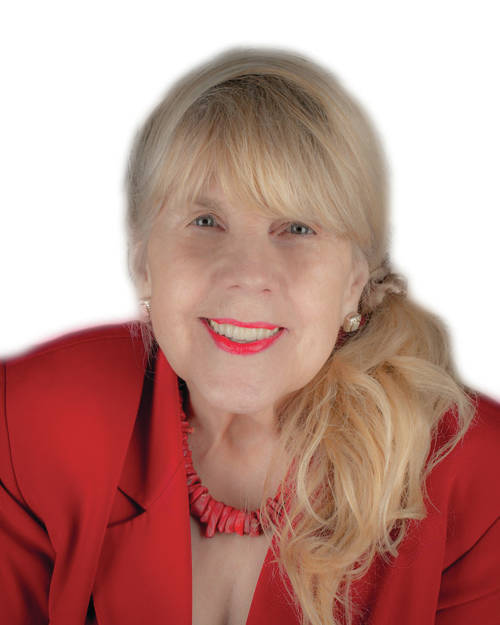
As I reviewed my local paper this morning, I was proud of the coverage of all of those in the area who chose to honor the service of veterans by speaking out, telling the stories of those who did not survive to give voice to their own experiences.
In the years my students at Edison State Community College and I have been learning about the life-changing experiences of veterans via participation in the Library of Congress Veterans History Project and through inviting them to the college to tell their stories, I’ve often heard this expressed, “Yes, he was in that war, but he doesn’t want to talk about it.”
Veterans need to speak on behalf of those who cannot speak for themselves, to let our nation be informed repeatedly about the high cost of war. Soldiers in their teens could be drafted in earlier times with only the haziest idea of where they would be deployed and why. They trusted those making decisions about U.S. military intervention around the world to be engaged in important assessments before taking action.
The checks and balances that our Founding Fathers realized essential to a lasting democracy must not be ignored in these turbulent times by our elected representatives, many of whom have never signed that blank check in which they promise to uphold the Constitution and, if necessary, pay the ultimate price.
As I reflect on the past few years, I remember so many of the men and women who have shared their stories, but today I want to mention just a few to let my reader know the scope of the work in which my students and I have been involved. When I watch a video, read a book, think about an essay, the men and women are not anonymous. They are real people whose hands I have shaken, whose stories resonate with me long after an interview or a program.*
Lester K. Edsall (1920-2017) was a POW in World War II, starved, treated most inhumanely.
Robert Tweed (1921-2018) and Harry Christy were at the Battle of the Bulge, and Tweed later saw “bodies stacked up like cord wood” at the liberation of a POW camp.
Marion Adams was a radio operator aboard an LST at the Beaches of Normandy on D Day.
Weldon Oakley was at the Chosen Reservoir, freezing in sub-zero temperatures, hearing the voices of the Chinese, seeing bodies fall, thinking his turn was next.
Jim Gover, Sr., was on a hill in Vietnam, under attack, whose life was saved because two small cans of beanie weenies took the bullet that was meant for him.
Johnny Looker was at the Battle of Angel’s Wings in Vietnam and saw his comrades in arms fall, their names later to be etched on the Vietnam Wall. He survived to win two Purple Hearts.
David Norman was at the roof of the American Embassy in Saigon, among the last who supported us to be evacuated hours before the city was renamed Ho Chi Minh City.
Daniel Hance was injured while under attack in Iraq and lived to begin The Catalyst, a program to help veterans transition from military to civilian life.
Tomorrow, I interview Vietnam Air Force Veteran, Colonel Philip A. Roberts, winner of five Distinguished Flying Cross awards. Additionally, this summer students in my communication class will hear the story of Joseph LaPointe, Jr., (1948-1969) ,a conscientious objector and heroic combat medic in Vietnam, one of three COs to ever win the Congressional Medal of Honor. His widow and son will tell his story.
The stories, and the responsibility, continue.
*The stories of these veterans can be accessed with an internet search.


